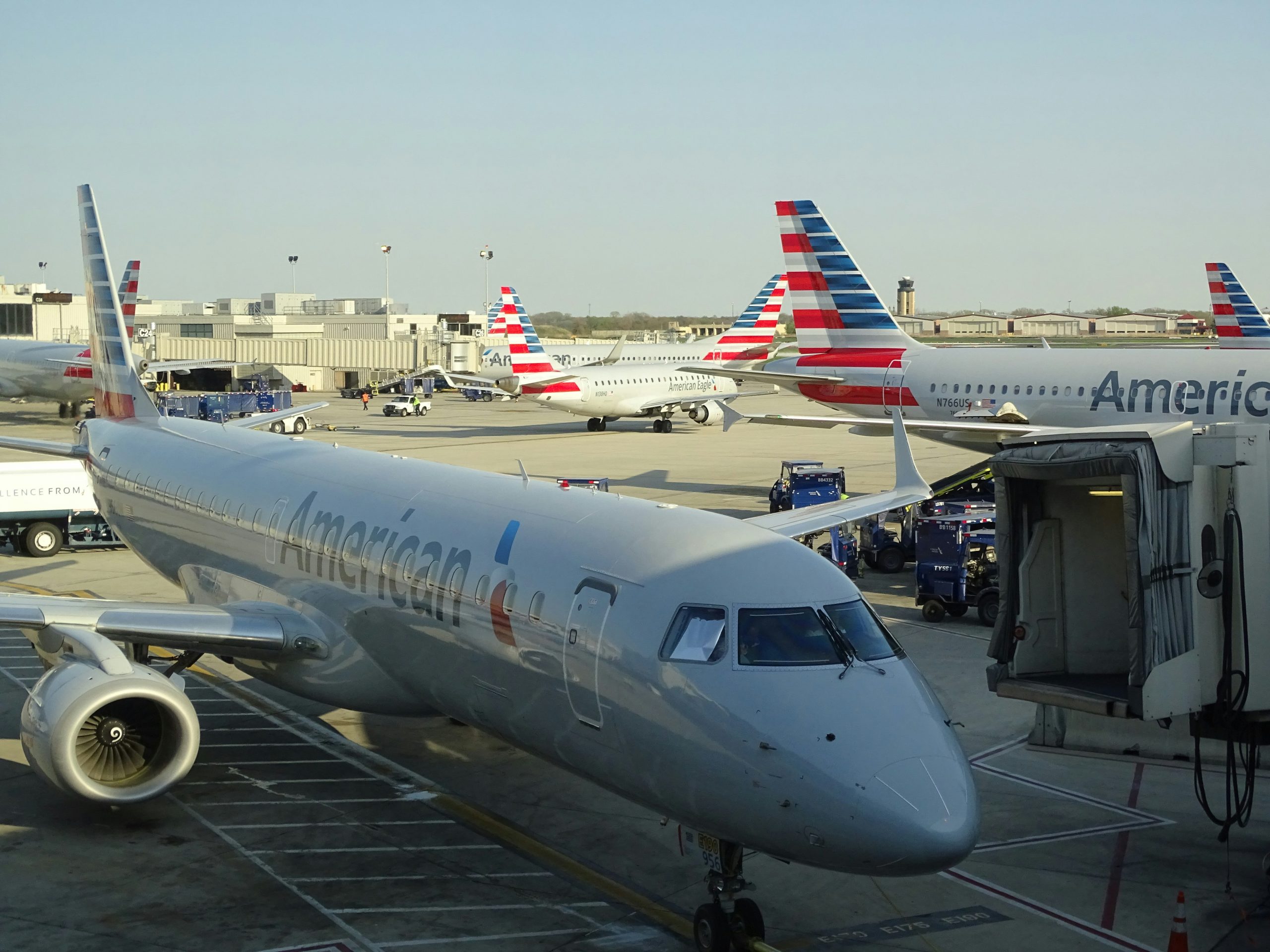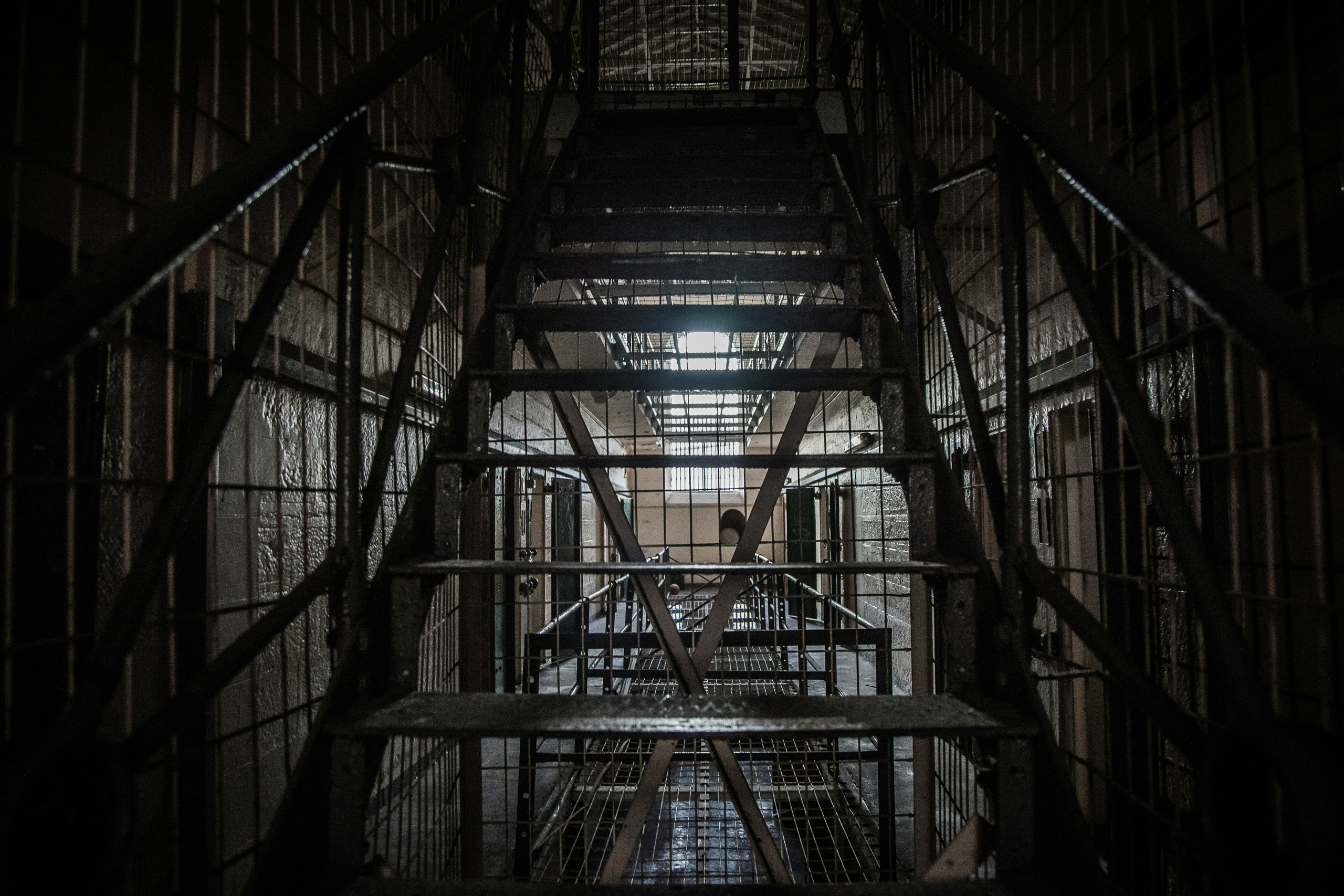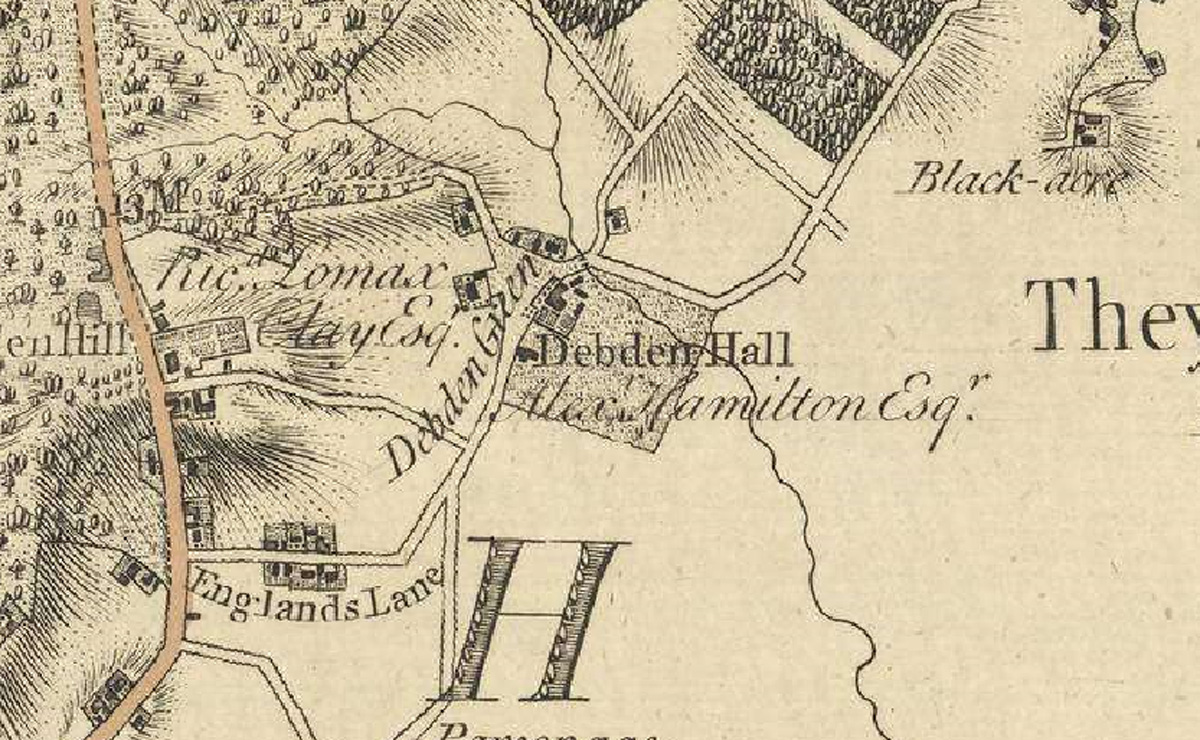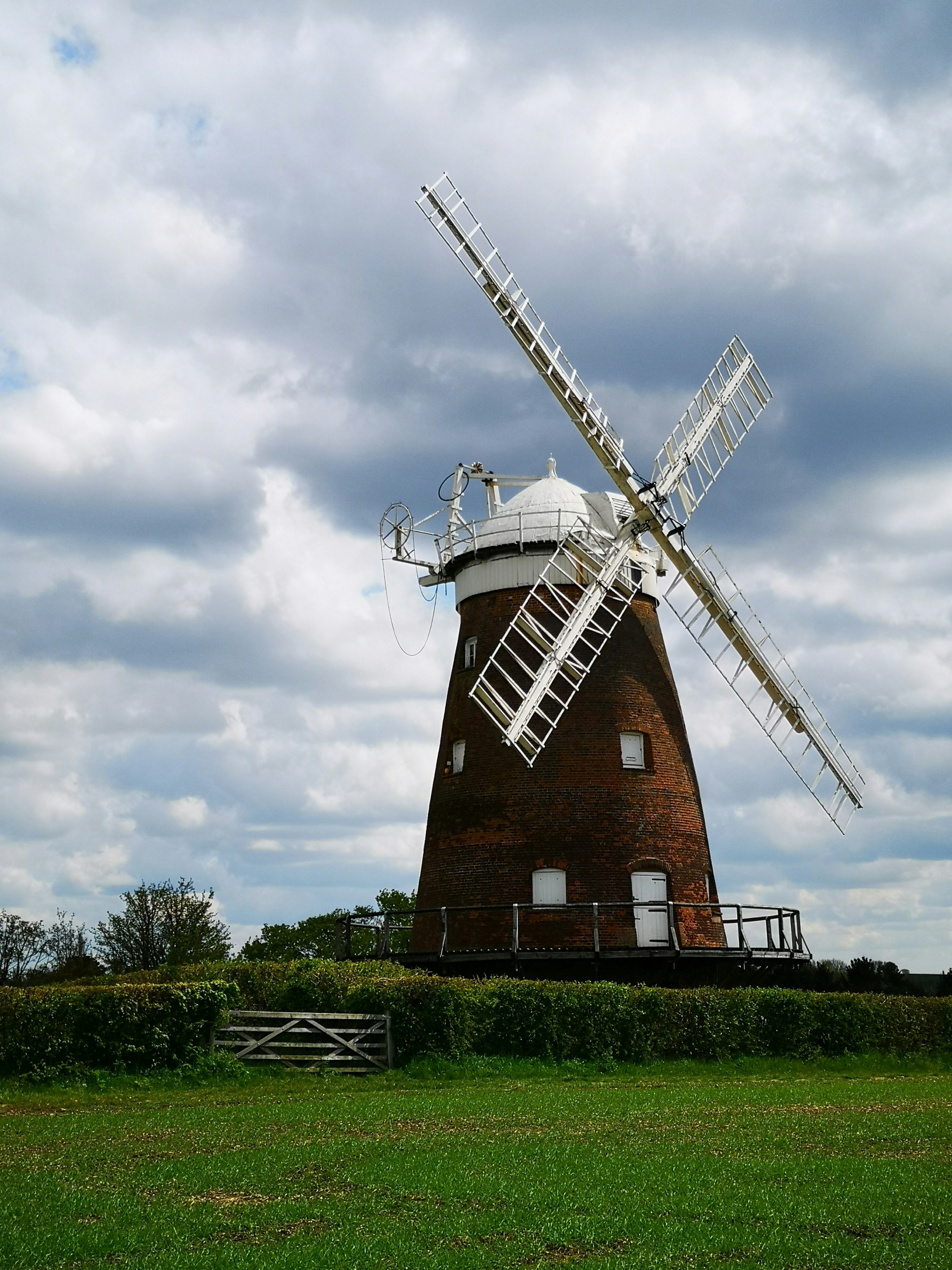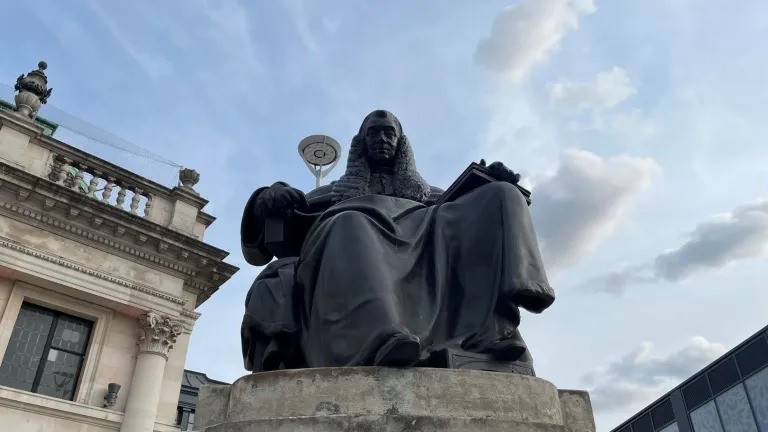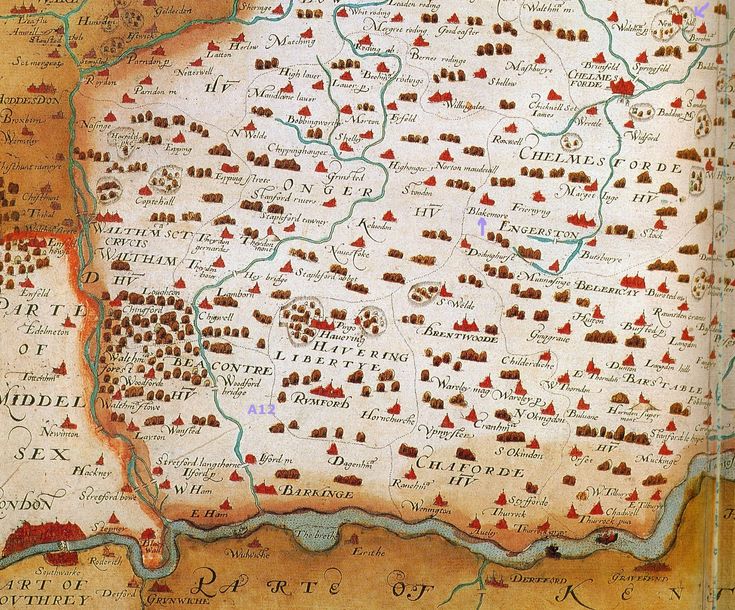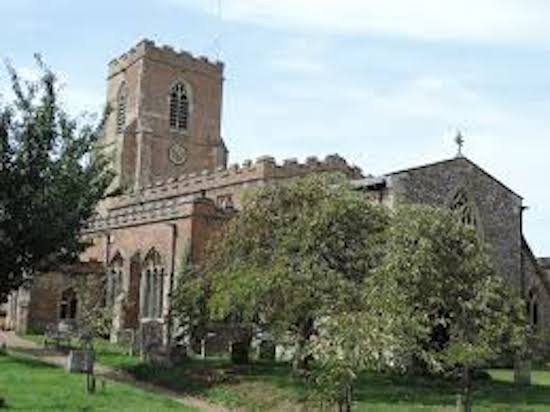I was joined once more today by MIKE DAVIES of Rayleigh Town Museum to explain just what constituted turnpike roads and the history behind them.
Put simply they were toll roads designed to collect money from users to pay for upkeep and repairs.
The name ‘turnpike’ comes from the moveable pole barrier originally used by the Toll collector before gates were installed. The poor bitterly resented having to pay to use the roads and there were anti-turnpike riots.
Mike mentioned in passing that a local author, NOEL BEER, has written a definitive booklet on the subject, copies of which just happen to be available at the museum!
Mike explained that in 1555 by an Act of Parliament individual parishes were made responsible for the upkeep of roads within their boundaries.
Parishioners were obliged to work four days each year to maintain these roads in good condition. A parish surveyor was elected every year to supervise this, and the materials were obtained by raising a charge on the more prosperous parishioners.
This was a fine whilst roads were used by pedestrians or riders of horses but heavier through traffic such as carts caused damage but the perpetrators were not liable for the damage that could not be fixed by the ordinary measures.
So in 1663 the first Turnpike Act was introduced but the numbers of Turnpike Acts increased dramatically between 1751 and 1772, by which time trusts covered 11500 miles of road. The last Act was passed in 1836 by which time no less than 942 acts had been passed covering some 22,000 miles of road – around a 5th of the road network.
In Essex alone 15 trusts were established between 1695 and 1808.
In 1695 a Turnpike Act was introduced to cover routes between the roads between Shenfield and Harwich and by 1750 most of the main roads out of London had been turnpiked.
In 1746/7 the Rochford Hundred branch of the Essex Turnpike Trust was formed. Made up of 42 acting trustees covering roads between Rayleigh and Rochford and Rayleigh to Leigh via Hadleigh.
The number and positions of the toll gates were left to the trustees who had local knowledge of the most used cross roads and thus established at strategic points so as to catch the maximum number of travellers.
It’s interesting to note that milestones were compulsory at all turnpikes not only to inform travellers of direction and distances, but to help coaches keep to schedule and for charging for changes of horses at the coaching inns.
The distances were also used to calculate postal charges before the uniform postal rate was introduced in 1840.
Listen again here to what Mike told me on this fascinating subject: –
In the second hour of today’s show we left the highways behind and took to the air.
I guess most of us are aware of the issues which occurred recently with a Boeing 737 Max 9 aircraft losing a panelled over door mid-flight.
Amongst other issues this resulted in the aircraft becoming full of fresh air, which might have been especially welcome for passengers aboard an American Airlines flight last week between Phoenix, Arizona and Austin, Texas.
Their journey was forcibly delayed as it seems that one of the passengers was suffering from a severe bout of noisy and odorous flatulence.
Shortly after boarding the aircraft, the passenger in question, volubly complained about the food about to be served, quipping loudly, “Yeah, everybody, let’s just eat the smelliest food possible all at the same time.’ To which a guy in the next row replied, ‘If you don’t like it you can always fly private’.
The flatulent man then complained that his remark was uncalled for and rude whilst others sitting nearby said, ‘I think we can all agree you’re the rude one here,” which brought the response, “You thought that was rude? Well get a load of this”— at which point he proceeded to pass gas loudly.
Charming!
Some passengers remarked that his behaviour was uncalled for especially coming from a grown man on an airplane, and flight attendants then told the transgressor, “That’s enough.”
The captain then announced that they were returning to the gate, where the man was informed that he would not be staying on the flight and forcibly ejected!
Right that’s it for me today.
All being well I’ll blow in tomorrow when I hope you can join me again,
Scott


